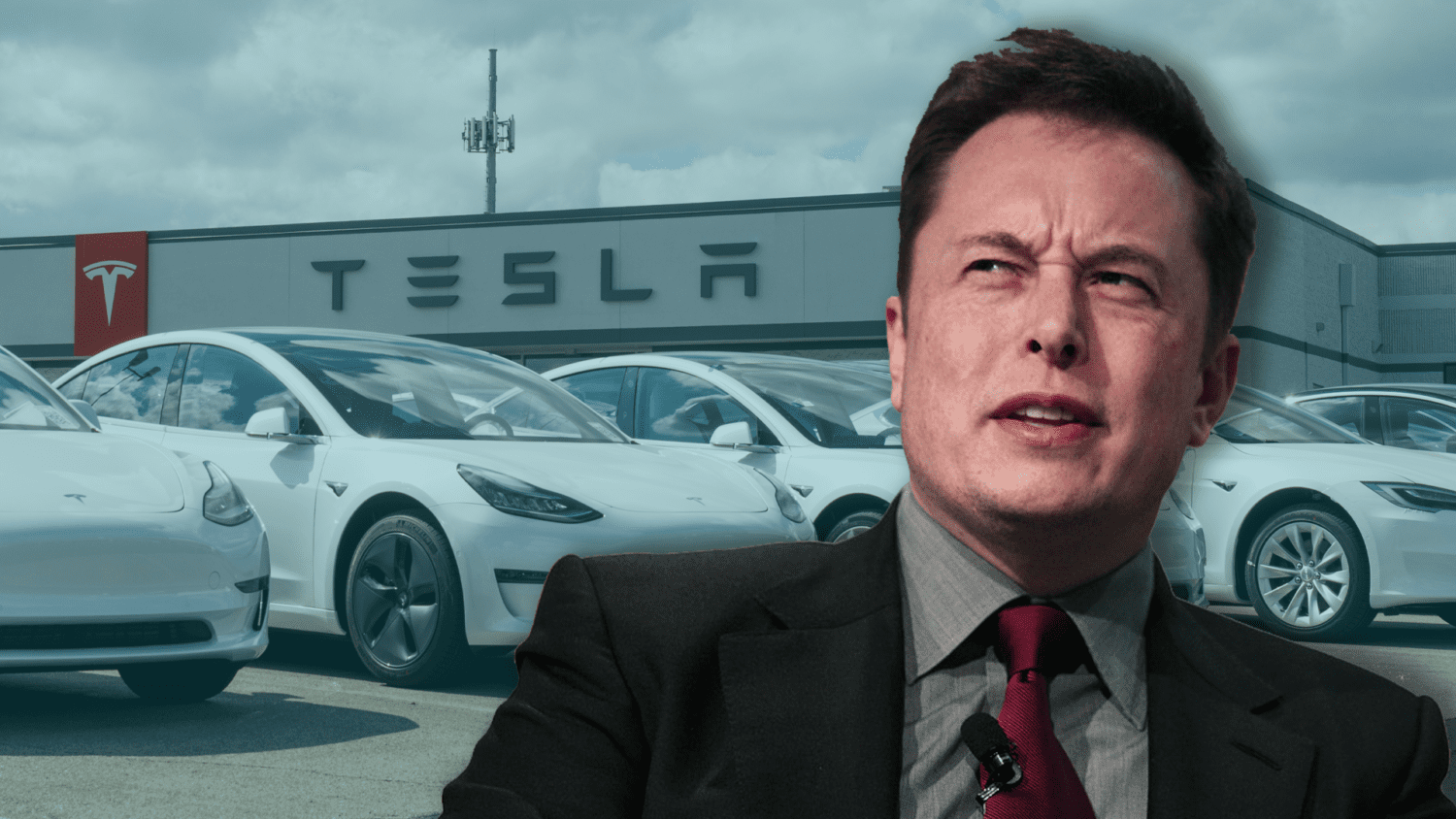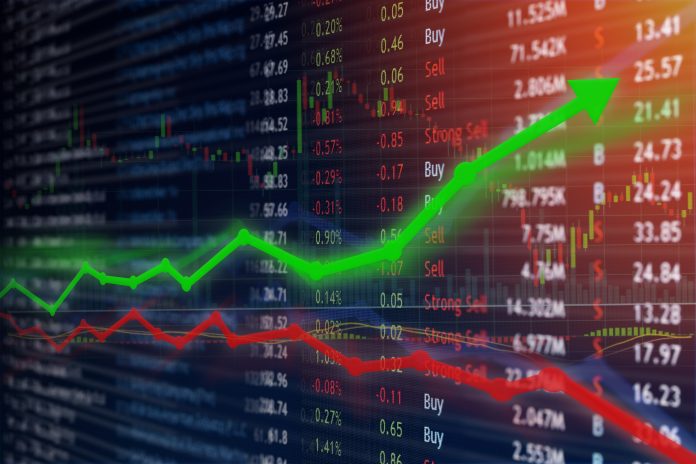After a tumultuous year for Tesla shareholders, the automaker surprised analysts last Wednesday after Citigroup upgraded the company’s share value to $174 from $141.33.
Citigroup analyst Itay Michaeli explained that, while the auto industry still faces hardship, “…in a hard landing scenario, Tesla’s long-term competitive position likely…improves.” However, at the same time, Morgan Stanley analyst Adam Jonas gave a more neutral outlook on the stock’s future, arguing that Elon Musk’s Twitter acquisition had made investors uneasy.
The upgrade follows a period of industry-wide losses, a consequence of supply-chain issues, national and international events and an uncertain post-pandemic market, making it more crucial than ever for automakers to improve the sentiments of their shareholders. However, as Jonas noted, Tesla’s stock issues possibly stem from a unique source.
 |
Elon Musk, Tesla’s CEO, is no stranger to public scrutiny; however, until this year, any criticism seemed to have little impact on the automaker’s stock. However, the entrepreneur’s recent acquisition of Twitter has not only raised investors’ eyebrows but seems to have had a significant effect on the company’s stock.
Shareholders, similar to Jonas, have questioned whether Musk can effectively manage his companies. The CEO has leadership roles in five different organizations, including Tesla, The Boring Company, Neuralink, SpaceX and recently Twitter. However, Tesla’s directors, testifying in court, have said that Musk’s leadership was a catalyst for the automaker’s impressive growth in recent years, and that he remains a valuable asset to the company.
Another source of contention is the method Musk used to purchase Twitter. The CEO, who owned roughly 20% of the company, used his Tesla stake as collateral for the purchase, a move that drove the company’s valuation down by $100 billion over the summer. Overall, shareholders have seen a 50% decline in Tesla’s value since last year.
In spite of this, Citigroup’s upgrade is positive news for Tesla shareholders and, in spite of recent events, could improve sentiment beyond Wall Street. However, whether this is an actual sign of stabilization or an anomaly remains to be seen.
Did you enjoy this article? Please share your thoughts, comments, or questions regarding this topic by connecting with us at newsroom@cbtnews.com.
Be sure to follow us on Facebook, LinkedIn, and TikTok to stay up to date.
While you’re here, don’t forget to subscribe to our email newsletter for all the latest auto industry news from CBT News.




